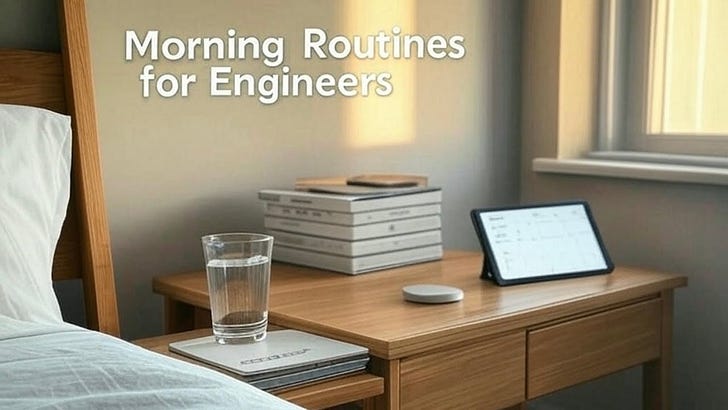Highlights
[00:00] Introduction & New Year Reflections
[02:53] Vision Casting & Long-term Planning
[05:35] Understanding Time Perspective
[08:50] The Power of Small Actions
[13:31] Real-world Success Stories
[16:55] Building Systems for Success
[19:47] The Compound Effect
[21:42] Grace in Goal Setting
I've never been a fan of New Year's resolutions.
Real change doesn't happen by itself—you need to put in the work to make it happen. There's no magical starting date.
That said, certain times like transition periods or natural calendar markers can provide good momentum for beginning.
I'm going to show you how to transform your goal-setting approach from short-term resolutions into a powerful framework for decade-long success. By mastering this methodology, you'll develop the ability to create sustainable growth that compounds over time, leading to achievements you might consider impossible today.
This strategic approach will help you:
Build resilience against common setbacks that derail most professionals
Develop systems that create consistent progress without relying on motivation
Learn to think in decades rather than months or years
Master the art of compound growth in your career and personal development
The Core Challenge: Short-term thinking prevents sustainable progress
Reason #1: Over-focusing on outcomes instead of systems - Engineers excel at solving immediate problems but often neglect building sustainable processes for long-term growth
Reason #2: Perfectionist mindset - Technical professionals tend to abandon goals after minor setbacks, seeking perfect execution rather than progress
Reason #3: Analysis paralysis - The engineering mindset can lead to over-planning and under-executing, waiting for perfect conditions
Reason #4: Resistance to ambiguity - The comfort with concrete metrics can make it challenging to pursue goals with less definitive measures of progress
Don't worry - these challenges can be overcome with a systematic approach that leverages your analytical strengths!
Extend Your Timeline
Start by expanding your planning horizon from one year to ten years. This crucial shift removes artificial annual deadlines and opens up possibilities you might not consider in a shorter timeframe.
As demonstrated in the episode, Nicolai initially set a goal to read 10 books per year but eventually the bar kept raising until his current goal of 40 seemed attainable.
Build Systems, Not Goals
Instead of focusing solely on outcomes, create daily systems that ensure consistent progress. The common mistake here is setting ambitious targets without establishing the infrastructure to achieve them.
For example, rather than targeting "read 40 books this year," establish a daily reading habit of 30 minutes. Another example is Investing in professional organizations early on can seem time-consuming at first but it created a compounding effect that you can use for years to come.
Embrace Imperfect Progress
Think of your personal growth like the stock market - daily fluctuations matter less than the long-term trend. Success comes from consistent action, not perfect execution.
Take Action
Write down your current position in key areas of your life
Create a vision of where you'd like to be in 10 years
Identify one major goal and break it down into small, daily actions
Start tracking your progress without obsessing over daily perfection
Schedule monthly review sessions to assess and adjust your systems











